Introduction
In today’s modern office environments, creating a productive and comfortable workspace is crucial for employee well-being and efficiency. One innovative solution that has gained popularity is the use of intelligent glass. Intelligent glass, also known as smart glass or switchable glass, offers a range of benefits for office spaces, combining functionality, aesthetics, and sustainability.
Intelligent glass is a technological advancement in the field of architectural glazing, revolutionising the way we design and utilise office spaces. Unlike traditional windows or partitions, intelligent glass has the ability to switch between transparent and opaque states, providing privacy and flexibility at the touch of a button.
What is Intelligent Glass?
Intelligent glass is a glass-based material that incorporates various technologies to alter its properties based on external stimuli. It utilises advanced coatings or laminates that respond to changes in voltage, heat, or light, allowing it to switch between clear, translucent, or frosted states. This dynamic characteristic makes it a versatile solution for office spaces where privacy, natural light, and energy efficiency are essential.
Benefits of Intelligent Glass in Office Spaces
Energy Efficiency and Cost Savings
Intelligent glass helps offices achieve significant energy savings by reducing the need for artificial lighting and minimising heat transfer. By automatically adjusting its transparency in response to external conditions, it effectively controls solar heat gain and glare. This results in reduced reliance on air conditioning systems, leading to lower energy consumption and cost savings in the long run.
Privacy and Security
Privacy is paramount in office spaces, particularly during meetings, confidential discussions, or personal tasks. Intelligent glass allows employees to instantly transform transparent windows or partitions into opaque ones, creating a secluded environment. Additionally, it enhances security by preventing outsiders from peering into restricted areas while maintaining a sense of openness when desired.
Natural Light and Productivity
Studies have shown that access to natural light positively impacts employee well-being, mood, and productivity. Intelligent glass facilitates the penetration of natural light into office spaces while mitigating the glare and excessive heat associated with direct sunlight. By providing a comfortable and well-lit working environment, it can boost employee morale, reduce eye strain, and enhance overall productivity.
Types of Intelligent Glass
Switchable Glass
Switchable glass, also known as smart glass or privacy glass, is one of the most commonly used types of intelligent glass. It utilises a thin film or interlayer containing microscopic particles that can be controlled electrically. By applying voltage, the particles align, allowing light to pass through and making the glass transparent. When the voltage is removed, the particles scatter, making the glass opaque.
Electrochromic Glass
Electrochromic glass changes its tint in response to electrical voltage. It consists of multiple layers, including an electrochromic film, conductive layers, and an electrolyte. When a small electric current is applied, ions move between the layers, causing a change in the glass’s opacity. Electrochromic glass offers a gradual tinting effect and consumes minimal energy.
Thermochromic Glass
Thermochromic glass changes its transparency based on temperature fluctuations. It contains a material that undergoes reversible colour changes at specific temperature thresholds. As the temperature rises or falls, the glass transitions between transparent and tinted states, allowing for dynamic control of sunlight and heat transmission.
How Intelligent Glass Works
Intelligent glass incorporates various technologies to achieve its dynamic properties. The specific working mechanism depends on the type of intelligent glass used. Here are the fundamental principles behind their operation:
Smart Film Technology
Smart film technology involves applying a thin film containing liquid crystals to glass surfaces. When an electric current is applied, the liquid crystals align, making the glass transparent. Conversely, when the current is turned off, the liquid crystals scatter, rendering the glass opaque.
Electrical Current and Voltage Control
Switchable glass and electrochromic glass rely on electrical current or voltage control to change their transparency. By applying a specific level of current or voltage, the glass can be adjusted to the desired state, whether transparent or opaque.
Heat Sensing Technology
Thermochromic glass utilises heat sensing technology to respond to temperature changes. As the ambient temperature surpasses or falls below the glass’s specific thresholds, the material changes its transparency accordingly.
Installation and Maintenance of Intelligent Glass
The installation of intelligent glass requires professional expertise to ensure proper electrical connections and integration with building automation systems, if applicable. The glass panels are custom-made to fit the desired openings and can be retrofitted into existing structures. Regular maintenance involves cleaning the glass surfaces with non-abrasive materials and checking for any electrical or operational issues.
Future Trends and Innovations
As technology continues to advance, intelligent glass is expected to become even more versatile and efficient. Innovations such as voice control integration, self-tinting capabilities, and energy harvesting properties are being explored. The future of intelligent glass holds exciting possibilities for creating dynamic and sustainable office environments.
In conclusion, intelligent glass has emerged as a game-changing solution for office spaces, offering a unique combination of functionality, aesthetics, and sustainability. Its ability to switch between transparent and opaque states, coupled with energy-saving features, enhances privacy, natural light, and productivity. With ongoing advancements and innovations, intelligent glass is set to redefine the way we design and experience office environments.
Who We Are
Tecdur is the leading manufacturer of smart glass for the UK and Ireland. Tecdur Switchable Glass provides the best clarity, lowest power consumption and lowest haze currently available. We can offer a wide range of specifications to meet project requirements with our switchable glass, cost is dependent on specification, application and design. Please get in contact with us to discuss further.
Please visit our portfolio for a look at completed projects. Keep up to date on our LinkedIn Showcase page


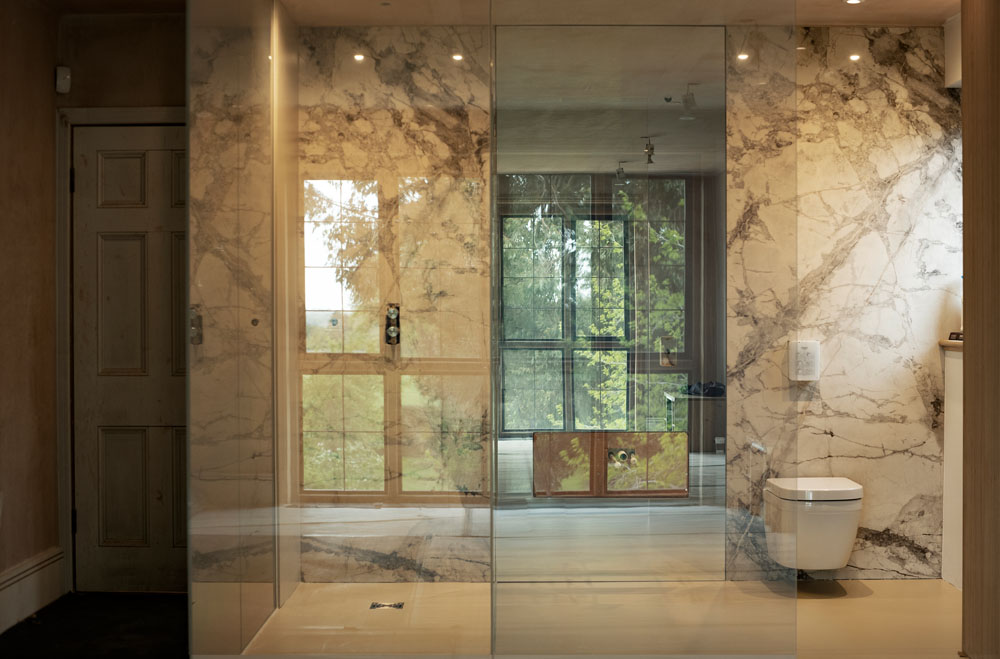
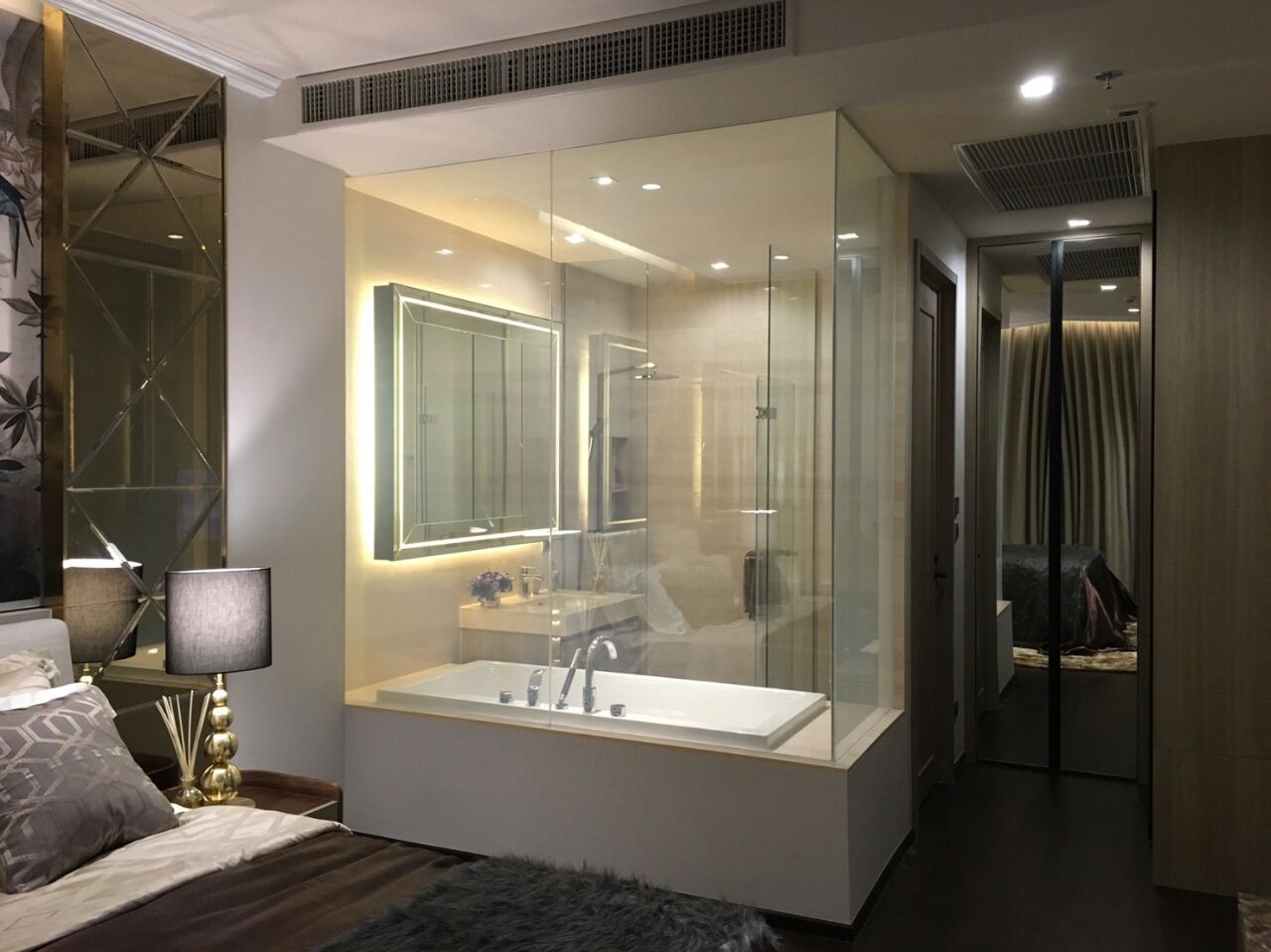
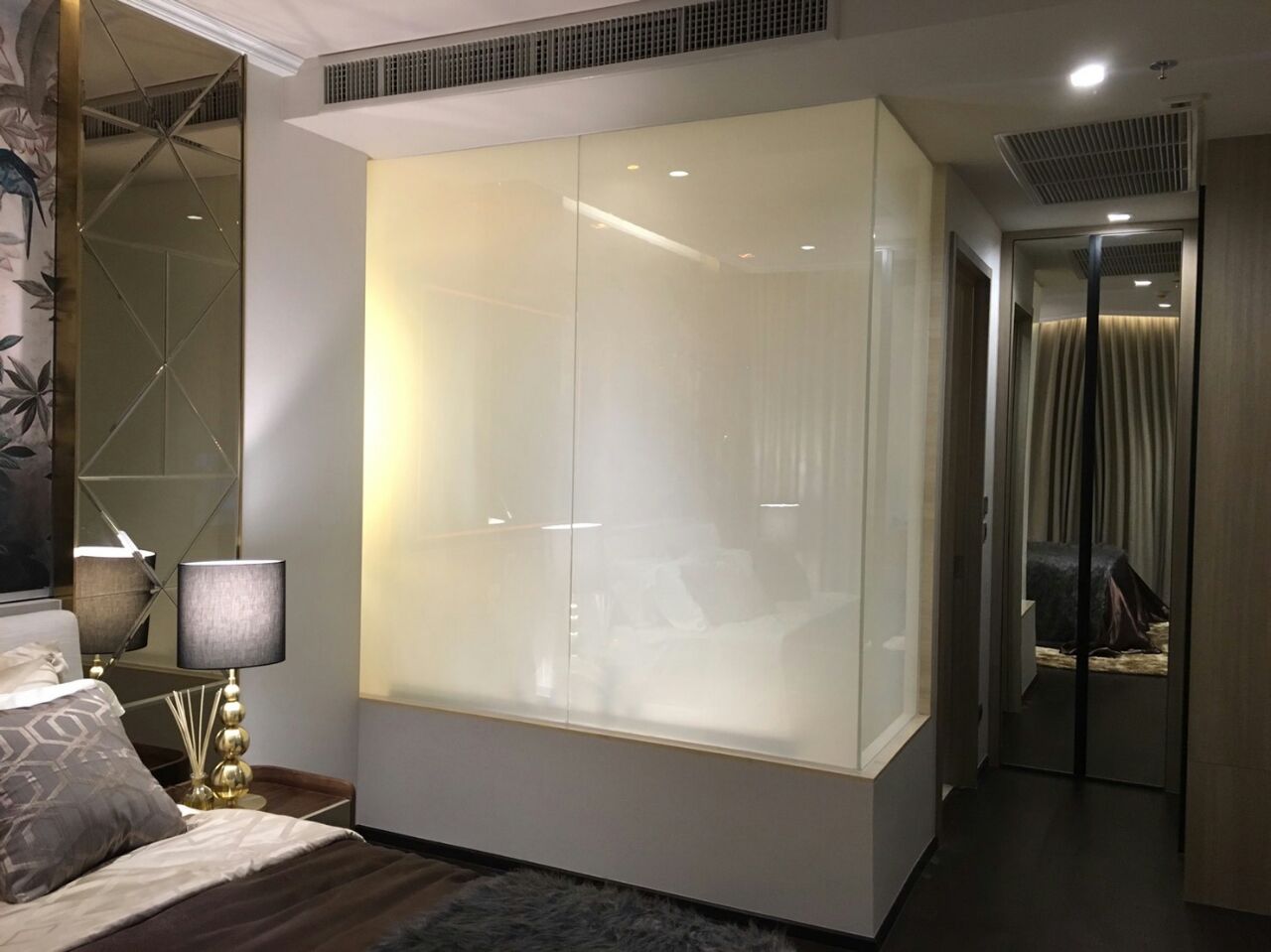
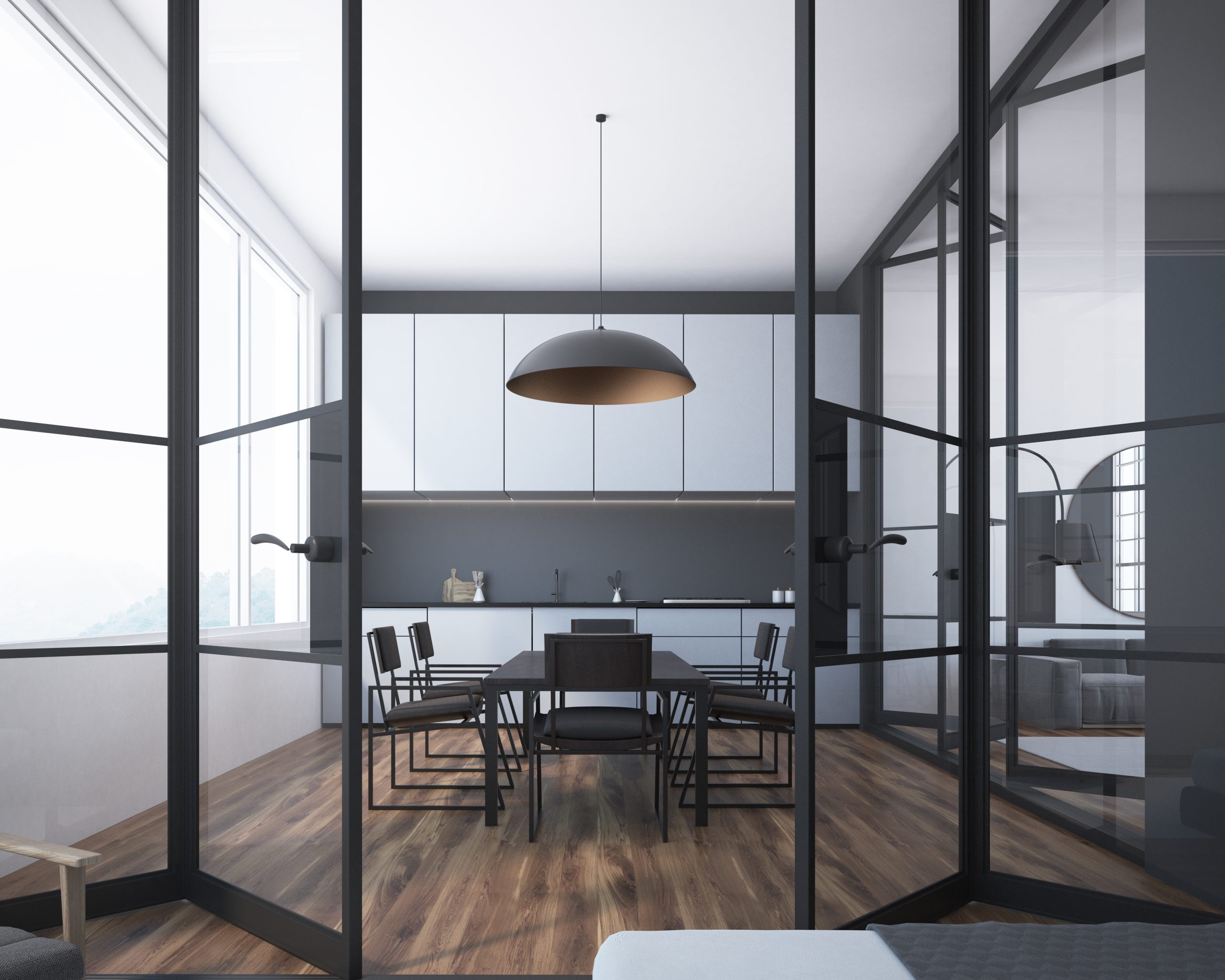
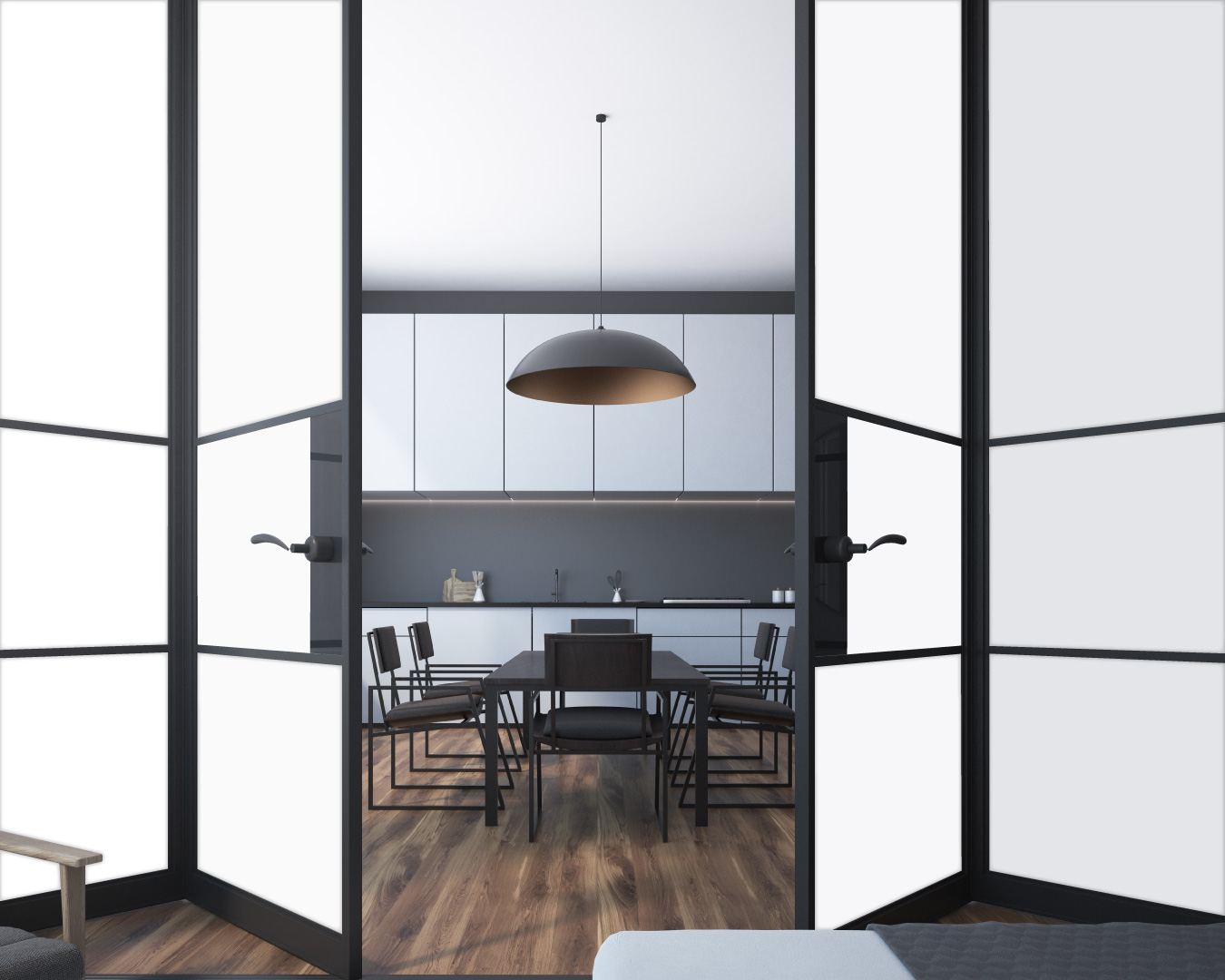
Frequently asked Questions
Our privacy glass works by utilising advanced PDLC (Polymer Dispersed Liquid Crystal) film. When an electrical current is applied, the liquid crystal molecules align, allowing light to pass through, making the glass transparent. When the current is switched off, the molecules mis-align, causing the glass to turn opaque or translucent, providing privacy.
Intelligent glass can be retrofitted into existing office structures with the help of professional installation services. Custom-made glass panels are designed to fit the desired openings, allowing for a seamless integration of this technology into both new and older buildings.
Yes, intelligent glass can be controlled remotely through various methods. Building automation systems, smartphone apps, or even voice control integration can be utilised to adjust the transparency of the glass panels, providing convenience and flexibility.
Intelligent glass offers enhanced privacy by transitioning from transparent to opaque states. However, it is essential to ensure proper installation and use of the glass panels. Employing privacy settings and ensuring secure electrical connections can help mitigate any potential privacy concerns.




